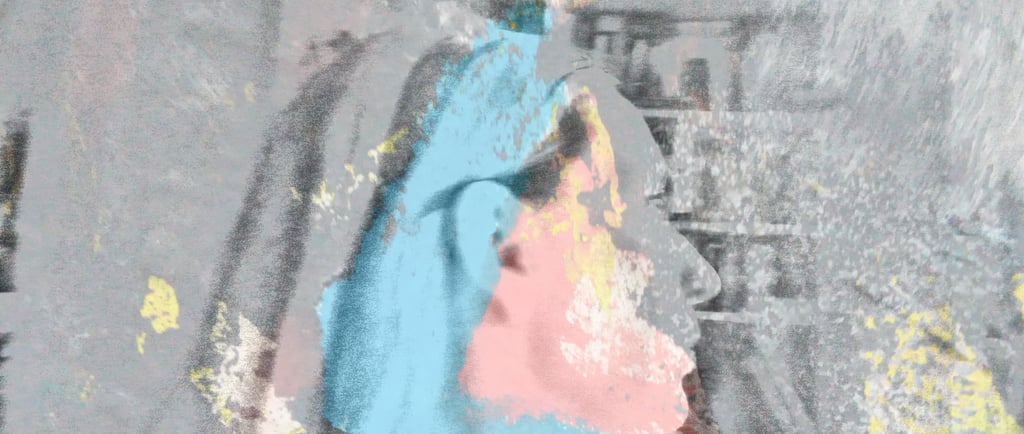Rising Through Exclusion
BELONGINGCREATIVITYSTORYTELLING
10/23/20253 min read


Lately, I’ve been reflecting on the theme of exclusion — how deeply it has shaped my life, and how it continues to echo across the world in both visible and invisible ways. Exclusion of individuals. Exclusion of entire communities. Exclusion that pierces the soul quietly, leaving no scars on the surface but deep imprints within.
A Personal Trigger: The Invisible Invitation
Some time ago, I learned that I had been excluded from a gathering, a simple party invitation that never reached me. There was no clear reason, no explanation. Just silence. The person hosting had always kept her distance, but learning I was intentionally left out stirred something ancient in me.
Living abroad as a migrant, far from my roots and family, the familiar ache of not belonging returned — an ache I thought I had healed from.
I asked myself painful questions: Am I from the wrong country? Do I carry the wrong name? Is there something about my very existence that repels?
And as tears came, so did memories. Memories of war, of silence, of fear.
Growing up in Bosnia during the war as part of a mixed-religion family, my parents chose not to belong to any side. That decision, noble as it was, placed us in danger. We were seen as “the others” by all.
I remember my father being interrogated regularly, the police searching our apartment, and the heavy shame that came with my name. The feeling of exclusion, of alienation, of being unwanted — it was more painful than the sound of snipers and grenades.
The Teenage Years: The Need to Belong
As a teenager, when identity and belonging are everything, this rejection cut deeply. I often wished I could simply disappear — become invisible enough to protect my family and myself.
Exclusion was not just social; it was existential. It was survival.
That recent party was not just a missed event. It was a mirror, reflecting back the buried emotions of my past — the helplessness of a child who wanted someone to say, “Stop! This is enough.”
Facing Inner Exclusion
Years later, a wise woman told me something that changed everything: “Sometimes, exclusion from others mirrors the exclusion we hold within ourselves.”
That struck deeply.
Because yes — I have often excluded myself.
I’ve tried not to take up too much space, not to speak too loudly, not to be “too much.” I learned to make myself smaller to avoid rejection. As a migrant living in different countries, I tried everything I could to prevent being excluded.
Breaking the Cycle
Exclusion, whether external or internal, is a form of violence.
And healing it requires courage — the courage to look inward, to face the inherited fears, to unlearn the belief that we must earn belonging.
Healing begins when we give ourselves permission to exist fully — to take space, to speak truth, to stand tall. It begins when we refuse to keep exiling parts of ourselves, while standing fiercely in our own truth, claiming the right to belong, not because we are invited, but because we are here.
A Call to All Who Have Felt Excluded
The world may try to define your worth to measure you by the language you speak, the passport you hold, or the name you carry. It may try to tell you where you belong and where you don’t. But your spirit knows a truth far greater than any label or border: you were never meant to fit into narrow definitions. You were born to expand them.
So let us rise and reclaim the spaces we were once denied — the rooms we were not invited into, the conversations where our voices were silenced, the stories that were told without us. Let us create new spaces — wide, open, and inclusive — where every voice can sing its truth and every soul can rest in its belonging.